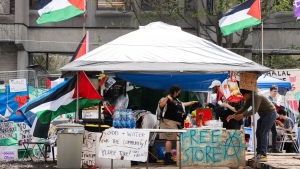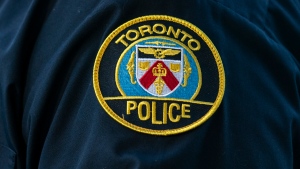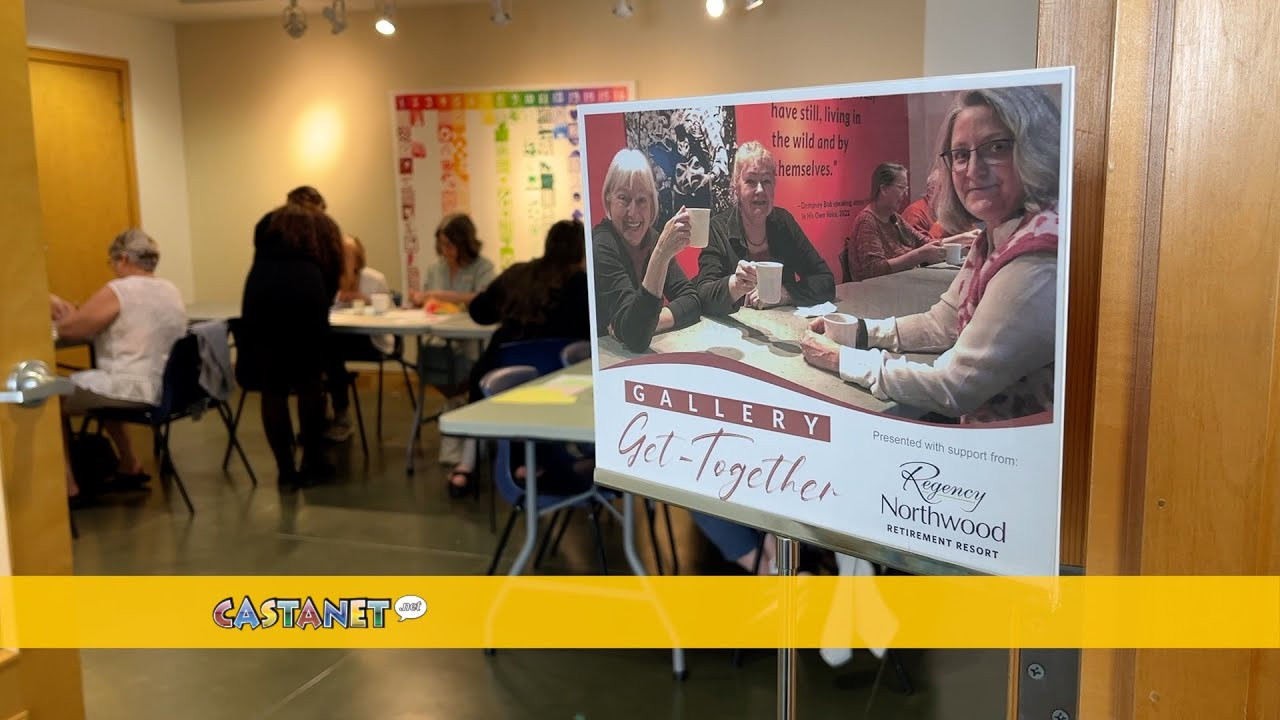McGill University has announced its plans to seek an injunction to dismantle a pro-Palestinian encampment on its campus. The encampment, which has been set up by students in solidarity with the Palestinian people, has been a source of controversy and tension on campus.
According to McGill, the encampment violates the university’s policies and poses a safety risk to students and staff. In a statement, the university stated that it has made numerous attempts to engage in dialogue with the students involved in the encampment, but to no avail.
The encampment, which has been in place for over a week, has been the site of protests and demonstrations in support of the Palestinian cause. However, McGill maintains that the encampment is not a safe or appropriate location for such activities.
In response to McGill’s announcement, the students involved in the encampment have expressed disappointment and frustration. They argue that their actions are a peaceful form of protest and that they have the right to express their views on campus.
The university’s decision to seek an injunction has sparked debate and divided opinions among students and faculty. Some believe that the encampment should be allowed to remain as a symbol of free speech and expression, while others support the university’s stance on safety and policy compliance.
This is not the first time that McGill has faced controversy over the issue of Palestinian solidarity on campus. In 2019, the university faced backlash for its decision to remove a mural depicting Palestinian activist Ahed Tamimi. The mural was eventually restored after widespread criticism.
The situation at McGill is reflective of the larger ongoing conflict between Israel and Palestine, which has sparked protests and demonstrations around the world. As tensions continue to rise, universities and institutions are facing the challenge of balancing free speech and safety concerns.
McGill’s decision to seek an injunction to dismantle the pro-Palestinian encampment is a significant development in this ongoing debate. It remains to be seen how the situation will unfold and what impact it will have on the larger conversation surrounding the Israeli-Palestinian conflict.




